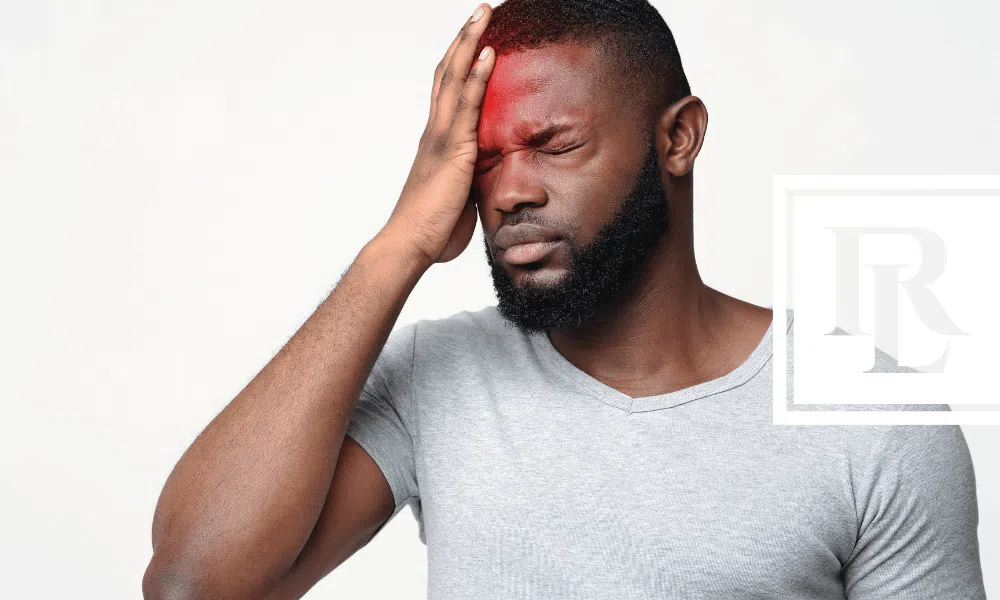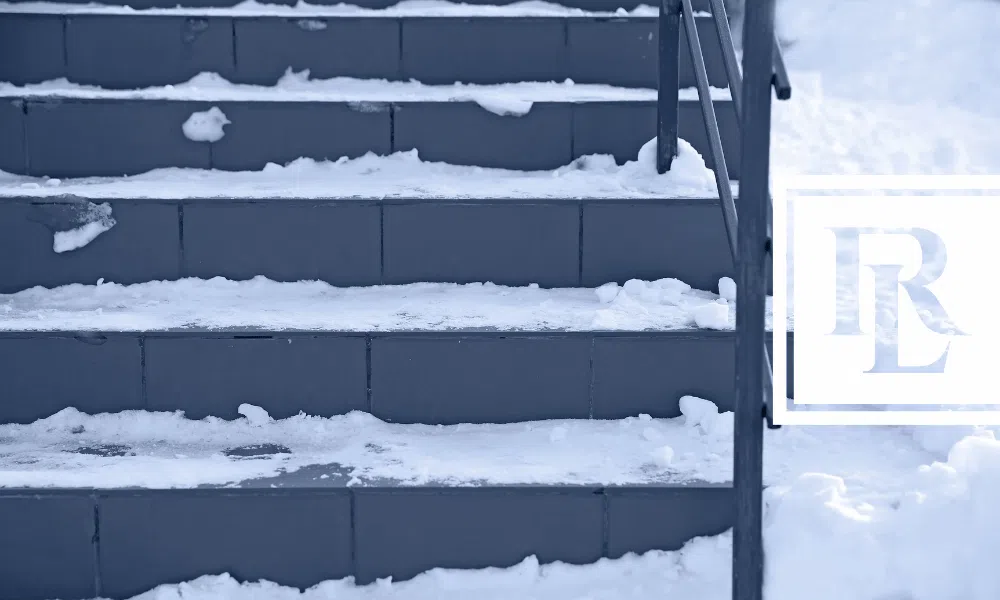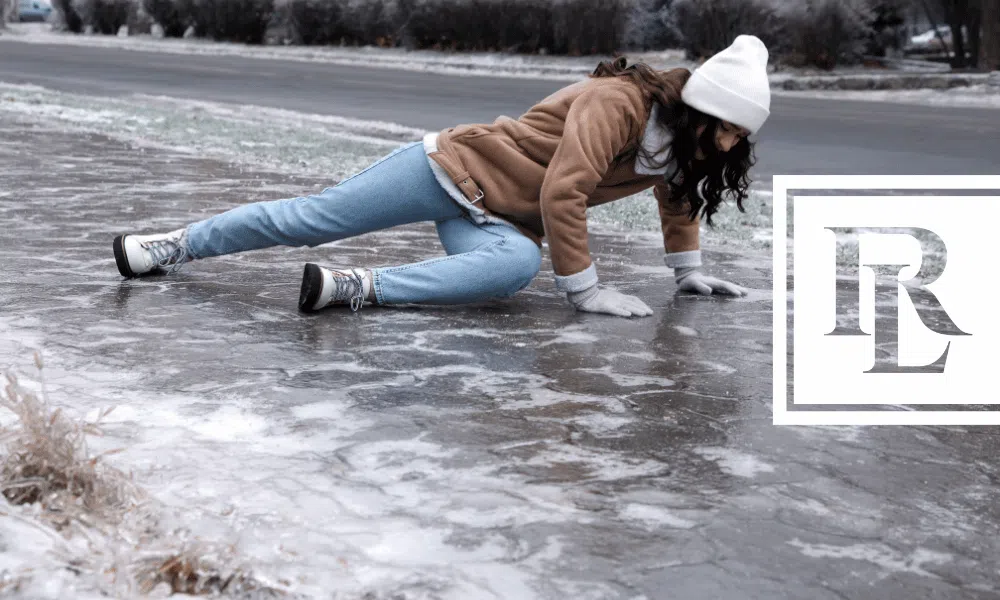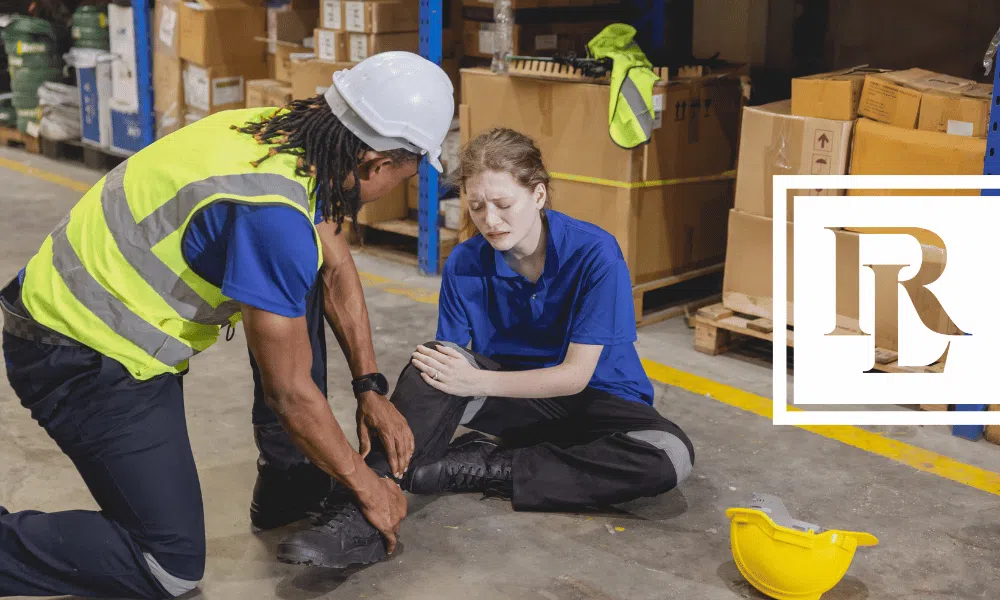Slip and fall accidents are becoming increasingly common, especially among children and those over the age of 65. However, anyone can become a victim of a slip and fall accident for a myriad of reasons. When a slip and fall accident results in a traumatic brain injury (TBI), there are often long-lasting and life-altering side effects.
Common Reasons for Slip & Fall Accidents
There are many scenarios in which a person could experience a slip and fall accident. Some of the more common causes include:
- Ice or water on the ground
- Loose floorings such as tile, carpeting, or mats
- Uneven surfaces
- Poor lighting
- Cluttered floors
- Lack of safety practices
What is a TBI?
According to the Center for Disease Control and Prevention (CDC), a TBI is a disruption in the normal function of the brain that can be caused by a bump, blow, or jolt to the head. Slip and fall accidents are the leading cause of TBIs, accounting for 49% of all TBIs. Other incidents that result in TBIs include the head being struck against another object, car accidents, assault, intentional self-harm, as well as other or unknown causes.
How Can a Fall Cause a Brain Injury?
Brain injuries most often occur due to a sharp blow to or a sudden jolt of the head. Depending on how the head was impacted, the brain can be affected in different ways. For example, some objects may penetrate the brain itself, causing damage to the brain cells, while other scenarios may result in bruising, torn tissues, bleeding, or other physical damages to the brain.
Head Injury Warning Signs
After a slip and fall accident, it is crucial that you receive proper medical attention. However, even after you leave the care of a medical professional, you want to make sure you keep an eye out for any potential signs that you may be suffering from a brain injury. Some warning signs include:
- Headache
- Nausea
- Vomiting
- Tingling or numbness in the toes, feet, hands, or fingers
- Drowsiness or fatigue
- Blurred vision
- Light sensitivity
- Ringing in the ears
- Slurred speech
- Problems with memory or concentration
- Mood swings
Although TBIs are common after a slip and fall accident, there are several other less-than-ideal types of head injuries you could experience. These include concussions, contusions, a hematoma, or a closed head injury.
Slip and fall accidents are not uncommon. Make sure you take the proper precautions to prevent slip and fall accidents by following proper safety protocols. However, we know all too well that accidents happen. If you or a loved one has been injured in a slip and fall accident, contact Rob Levine. Our experienced personal injury attorneys can help you get the justice you deserve!





